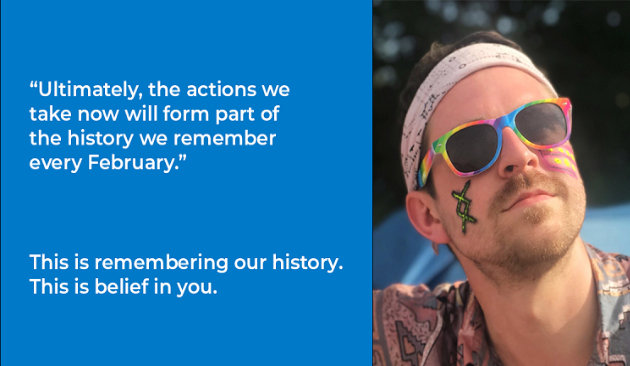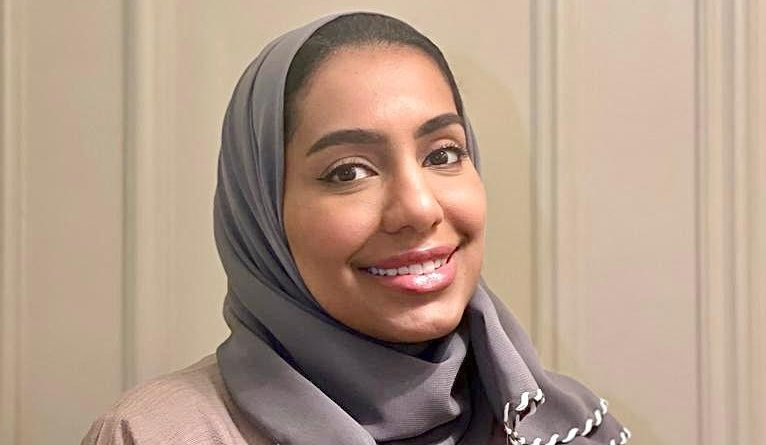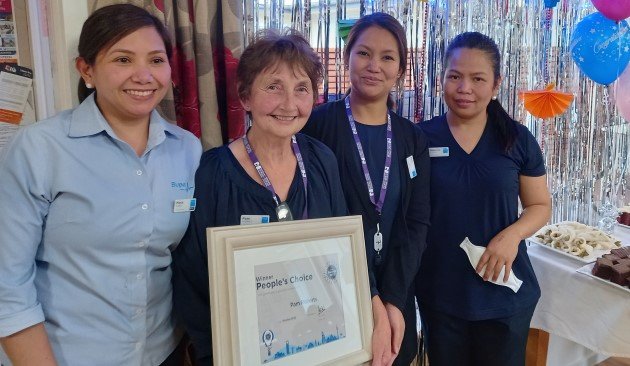February is LGBT+ History month here in the UK. As part of our reflections we’re shining a spotlight on some of our colleagues, their journey and what LGBT history month means to them. This week it’s Lewis.

I’ve been at Bupa for almost four years now, which is roughly the same length of time that I’ve been a proud and openly gay man. In this time, I’ve never spoken the words ‘I’m gay’ to any of my colleagues, which not only speaks volumes about the inclusive and open culture of Bupa, but also my own personal acceptance of my sexuality.
This year for LGBT+ History month, I’ve reflected a lot on my own journey and what might have led to me being more accepting of my sexuality sooner. It became apparent to me that whilst growing up I had very little exposure to anything LGBT+ related, both in my education and in the media that was available to me.
It’s incredible to witness a significant increase in visibility within mainstream media in recent times - from the multiple onscreen kisses between Patrick and David in comedy TV series ‘Schitt’s Creek’, to the transgender led Emmy award winning TV show ‘Pose’ and, most recently, Channel 4’s ‘It’s a Sin’ shining light on the AIDS crisis - our stories are being shared to the masses. More importantly, our stories are being normalised. This visibility is paving the way to a society that is not only more accepting of each other, but of themselves.
Sadly, this level of visibility hasn’t always been present throughout history. In 1988, under the leadership of Margaret Thatcher, the UK government signed a piece of legislation called Section 28. Under this law, councils and schools were prohibited from promoting any LGBT+ information, even so much as informing children that some people have two mothers, or two fathers. This led to years of suppression for the LGBT+ community and it wasn’t until 2003 that the legislation was repealed. The shadow of Section 28 sadly lives on though, with entire generations growing up with little to no education of anything other than heteronormativity, including myself.
The importance of visibility
It’s not only visibility of LGBT+ stories and figures that’s important, but also visibility of LGBT+ allies. At Bupa, I’ve witnessed allyship first-hand following a meeting with an external company where a transphobic comment was made. Immediately after, and without raising the issue myself, my manager assured me that comments such as that wouldn’t go unnoticed when considering going into business with the company. It’s acts like this that make me proud to work for an organisation that champions diversity, inclusion and allyship.
Ultimately, the actions we take now will form part of the history we remember every February. The very fact that I work for an organisation which allows me to share my story and discuss LGBT+ history shows how far we have come from censorship such as Section 28. Though there’s been an incredible amount of progress throughout recent times, there’s still a huge amount of work to do.
Unfortunately, at the time of writing this article, there are more than 70 countries with national laws that criminalise same-sex relations between consenting adults, some even carrying the death sentence. This very article you’re reading would still be deemed illegal and therefore censored in certain places around the world. Furthermore, the ONS recently reported that one in four transgender people in England and Wales were victims of crimes in the year ending March 2020.
And so, whilst it’s important to reflect on LGBT+ history this month, it’s even more important to remember that for many members of our community – the history we reflect on is still very much their reality.



